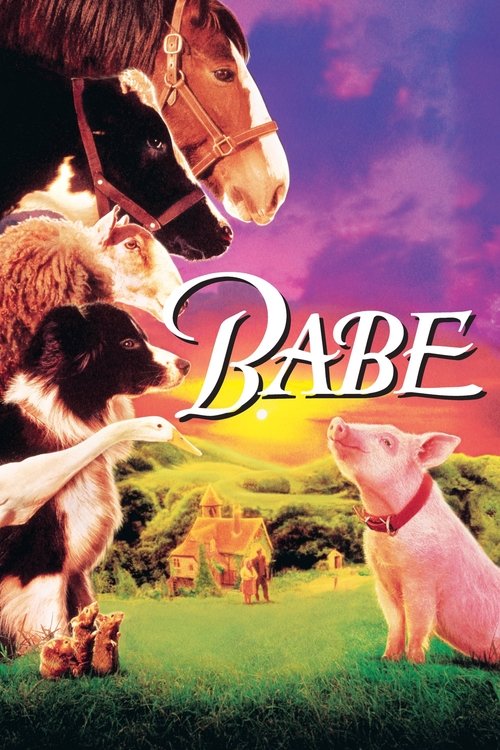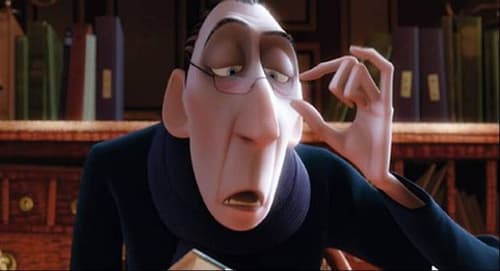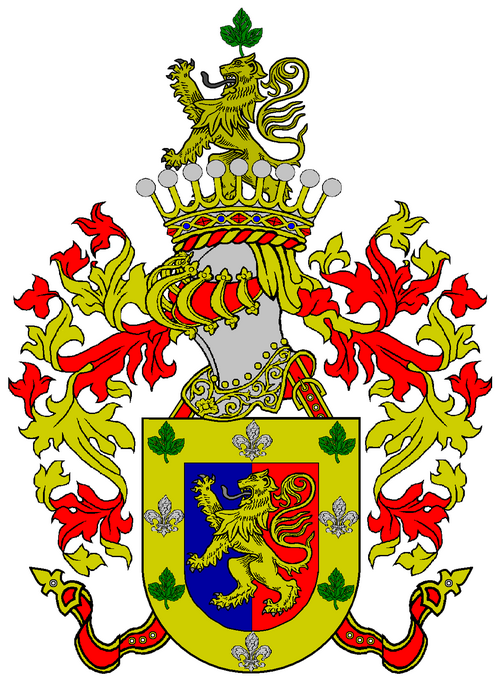
Babe
Released: 1995-07-18
Babe is a little pig who doesn't quite know his place in the world. With a bunch of odd friends, like Ferdinand the duck who thinks he is a rooster and Fly the dog he calls mum, Babe realises that he has the makings to become the greatest sheep pig of all time, and Farmer Hogget knows it. With the help of the sheep dogs, Babe learns that a pig can be anything that he wants to be.
Fantasy
Drama
Comedy
Family
6.2 / 2890
Duration: 92 min.
Budget: $30.0M
Revenue: $254.1M
Trailer
Gallery
Reviews

John Critic
Rating:1/10
Truly disgusting type of entertainment that inspires vegetarianism! It also has a scene too much to be in a children’s film that reflects on domestic violence (between two dogs). The producers who made this sort of junk were obviously nuts in the head to put such a scene like this into such family oriented film. Please do not watch after seeing this review. You do not especially want to get inspired by such propaganda about using certain animals as food.

Filipe Manuel Neto
Rating:10/10
**Absolutely wonderful, and suitable for the whole family.** Usually, people look at this movie as just another movie for kids. This is not my opinion. It is true that it is a fantasy film, with animals that talk and have human postures and behavior. However, it was built and developed in a way that turns out to be very pleasing to adults as well. Perfect to be seen with the whole family, it is a regular presence on television, especially during Christmas. The script couldn't be more delicious: Babe is a baby piglet who, on his lucky day, was taken from the slaughterhouse where he would inevitably die (as happened to his parents and siblings). The little pig ends up in the hands of the owner of a sheep farm, who thought of fattening him up with the intention of killing him. However, and through a series of funny adventures, the little pig turns out to reveal a special talent for helping to herd the sheep, which will put the natural position of the animals and the reputation of the sheepdogs in the spotlight. Through this story, the film approaches, with humor and feeling, serious questions such as the meaning of life, death, the place of each one in the world, evil, reward and punishment. Making this film as an animation, traditional or computerized, would have been easy. However, the production made the film with real animals and used technology to perfect the material and file rough edges. At the time, the film received some harsh criticism for making strong insinuations about meat consumption (after all, we are not used to seeing our lunch speak to other animals about the nobility of the food purpose for which it was created), and the truth is that it seems that there were really people to stop eating meat because of this. If animals are the main protagonists of this film, where do humans come in? It's not the protagonism, I believe, that changes things a lot. The main human role in this film goes to James Cromwell, an extremely competent and talented actor who had no difficulty with his character, the owner of the farm where Babe will live, and who understands how special his piggy is. And despite speaking little, the way the actor communicates with his body and face is excellent. Magda Szubanski also does a good job, and it's interesting to see how the actress has aged so that she can play the character, which is a woman much older than the actress. Technically, the film is exquisite and achieves some feats worthy of mention. To begin with, the number of animals, trainers and handlers that were used in the film is extraordinary. The logistical effort alone must have been enormous, in order to guarantee not only continuity (they could not all be different animals) but the hygiene and health of the animals. The make-up department, with her work, not only aged Szubanski but she humanized some of the animals, which is no small feat. The film has excellent sets and props, recreating well the childhood imagination and the idyllic bucolic rural life, very different from the life of hard work in the countryside. But what delights and surprises us most is the extraordinary cinematography, with vibrant colors, high contrast and radiant beauty. Although I'm not particularly a fan of mice, they serve their purpose. As for the soundtrack, it is solidly based on pieces from the classical repertoire such as the waltz “The Blue Danube”, by Johann Strauss II, “Cantique de Jean Racine” from Gabriel Fauré's Requiem and, particularly, the adaptation of the most famous chords of the last movement. from Symphony No. 3 Op. 78 for Pipe Organ and Orchestra by Camille Saint-Saenz. It is a piece that seems to have been chosen at random, but that may be explained by the fact that the composer is also the author of the famous work “Carnival of the Animals”, which could very well be here.
Hover to reveal